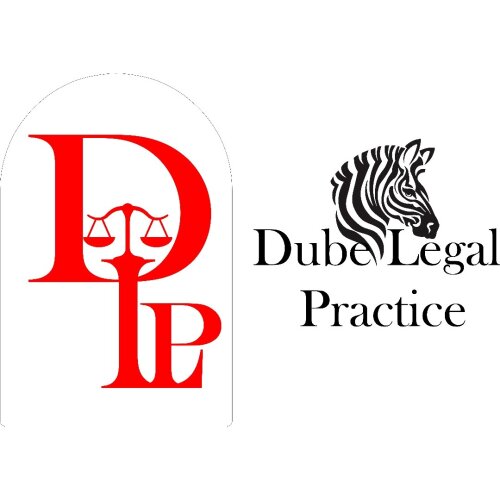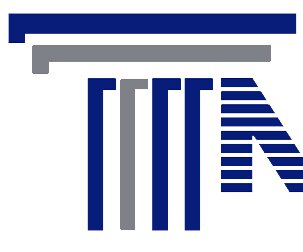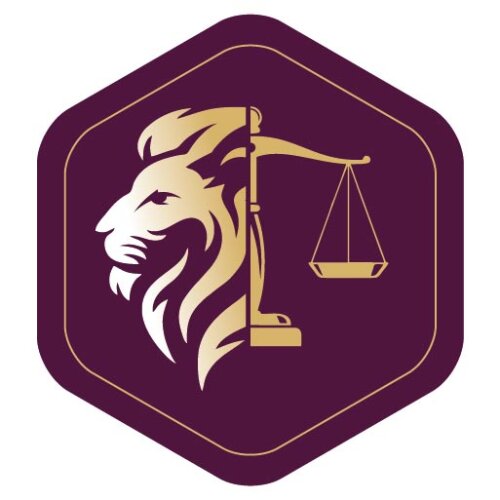Best Discrimination Lawyers in Zimbabwe
Share your needs with us, get contacted by law firms.
Free. Takes 2 min.
Or refine your search by selecting a city:
List of the best lawyers in Zimbabwe
About Discrimination Law in Zimbabwe
Discrimination law in Zimbabwe is primarily aimed at ensuring equality and preventing unfair treatment based on various attributes, such as race, gender, disability, and more. The Zimbabwean Constitution, particularly Chapter 4 on the Declaration of Rights, provides a robust legal framework aimed at protecting individuals from discrimination. This legal architecture is critical in promoting social justice and cohesive coexistence among the diverse populations in the nation.
Why You May Need a Lawyer
There are numerous situations where individuals might need legal assistance concerning discrimination. These include instances of workplace discrimination, denial of services based on prohibited grounds, harassment at educational institutions, unequal treatment by governmental bodies, and biases manifesting in housing opportunities. Legal professionals can offer invaluable support in navigating these situations, advocating for victims' rights, and ensuring fair treatment under the law.
Local Laws Overview
Zimbabwean law considers discrimination an offense, with particular focus drawn from the Constitution of Zimbabwe, which enshrines the right to equality and non-discrimination. Notably, the 2013 Constitution specifies protection against discrimination based on race, sex, gender, age, disability, religion, ethnic or social origin, among other criteria. Additional legislation, such as the Labour Act, addresses employment discrimination, ensuring workers are treated equitably and without prejudice.
Frequently Asked Questions
What is considered discrimination under Zimbabwean law?
Discrimination involves treating an individual unfavorably because of characteristics such as race, gender, age, or disability, which is prohibited under Zimbabwe’s Constitution and related laws.
Is gender-based discrimination illegal in Zimbabwe?
Yes, gender-based discrimination is illegal and actively discouraged through constitutional protections and various legal frameworks promoting gender equality.
What remedies are available for victims of discrimination?
Victims can seek legal redress through avenues such as the Zimbabwe Human Rights Commission or court action to address violations, obtain compensation, or secure specific performance.
Are there any protections specific to workplace discrimination?
The Labour Act provides measures against workplace discrimination, ensuring that employment practices are grounded in fairness and equality across all sectors.
Can educational institutions discriminate in Zimbabwe?
No, educational institutions must adhere to non-discriminatory practices, providing equal access and opportunity to all individuals regardless of their background or attributes.
How does the government address racial discrimination?
Racial discrimination is addressed by enforcing constitutional mandates and subsidiary legislation that prohibits any form of racial bias in public and private sectors.
What role does the Zimbabwe Human Rights Commission play?
The Commission monitors, investigates, and takes remedial action on human rights violations, including issues of discrimination, providing a formal channel for complaints.
What steps can individuals take if they face discrimination?
Individuals should document instances of discrimination, seek advice from legal professionals, and consider filing a complaint with relevant authorities such as the Human Rights Commission.
How can one file a complaint about discrimination?
Complaints can be filed with the Zimbabwe Human Rights Commission or directly in courts with jurisdiction over human rights matters, often with the assistance of a lawyer.
Is discrimination based on sexual orientation recognized under Zimbabwean law?
While discussions around sexual orientation are evolving, the existing legal framework primarily focuses on broader acceptance, although specific protections may be limited.
Additional Resources
For further support, individuals can contact the Zimbabwe Human Rights Commission, non-governmental organizations such as the Zimbabwe Lawyers for Human Rights, or consult with the Ministry of Justice, Legal and Parliamentary Affairs. These bodies provide various resources and guidance on addressing discrimination issues.
Next Steps
If you believe you have been subjected to discrimination, it is crucial to act promptly. Consider documenting the incident, seeking immediate legal advice, and determining whether to file a complaint with relevant authorities or pursue court action. Legal experts specializing in discrimination can offer vital advice and representation throughout the process to help ensure your rights are upheld.
Lawzana helps you find the best lawyers and law firms in Zimbabwe through a curated and pre-screened list of qualified legal professionals. Our platform offers rankings and detailed profiles of attorneys and law firms, allowing you to compare based on practice areas, including Discrimination, experience, and client feedback.
Each profile includes a description of the firm's areas of practice, client reviews, team members and partners, year of establishment, spoken languages, office locations, contact information, social media presence, and any published articles or resources. Most firms on our platform speak English and are experienced in both local and international legal matters.
Get a quote from top-rated law firms in Zimbabwe — quickly, securely, and without unnecessary hassle.
Disclaimer:
The information provided on this page is for general informational purposes only and does not constitute legal advice. While we strive to ensure the accuracy and relevance of the content, legal information may change over time, and interpretations of the law can vary. You should always consult with a qualified legal professional for advice specific to your situation.
We disclaim all liability for actions taken or not taken based on the content of this page. If you believe any information is incorrect or outdated, please contact us, and we will review and update it where appropriate.
Browse discrimination law firms by city in Zimbabwe
Refine your search by selecting a city.
















